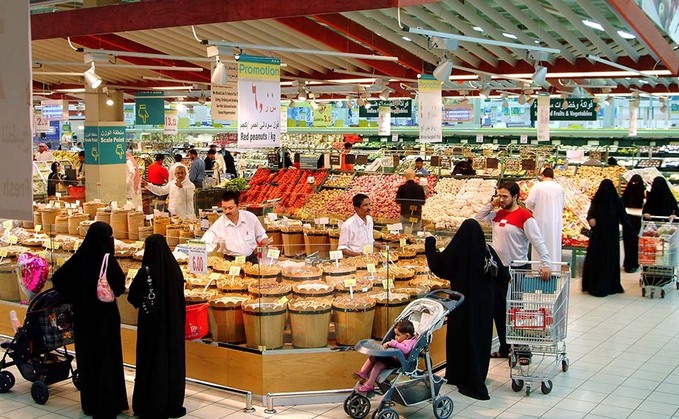
With the UK looking at the Middle East as a potentially prime export market, John Giles from Promar International takes a look at opportunities in the Saudi Arabian market Saudi Arabia is one of the...

With the UK looking at the Middle East as a potentially prime export market, John Giles from Promar International takes a look at opportunities in the Saudi Arabian market Saudi Arabia is one of the...